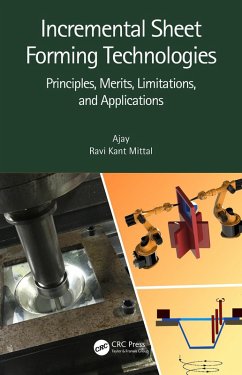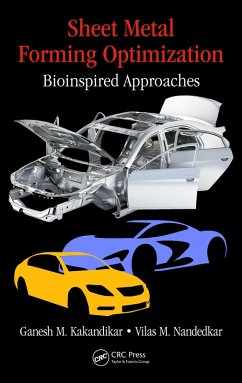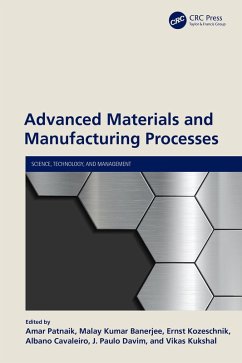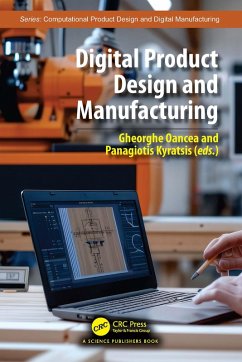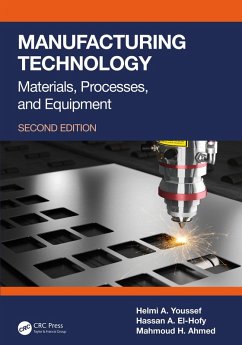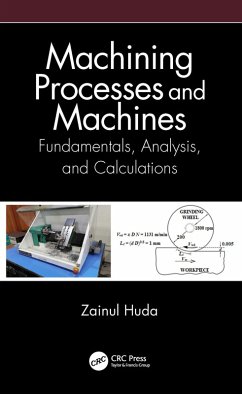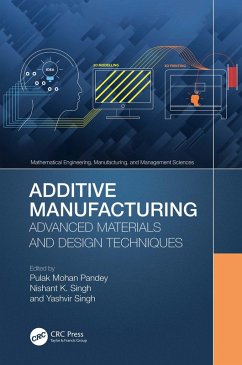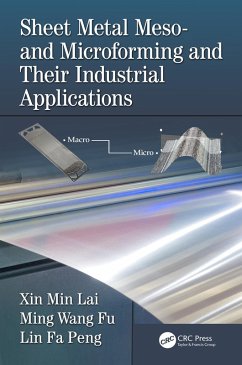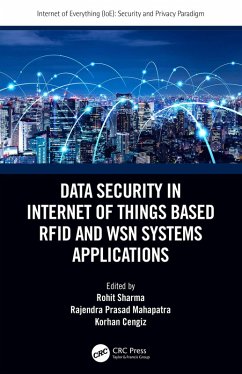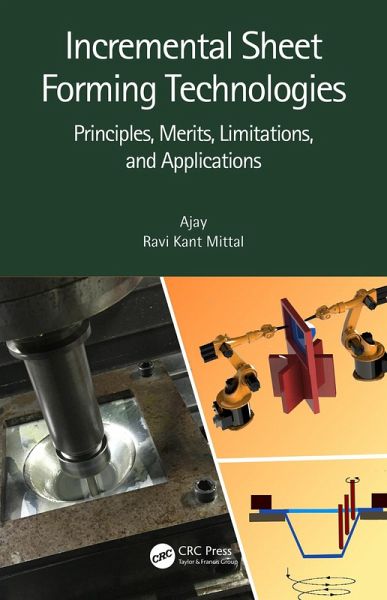
Incremental Sheet Forming Technologies (eBook, PDF)
Principles, Merits, Limitations, and Applications
Versandkostenfrei!
Sofort per Download lieferbar
52,95 €
inkl. MwSt.
Weitere Ausgaben:

PAYBACK Punkte
26 °P sammeln!
Incremental Sheet Forming (ISF) exempts use of dies and reduces cost for manufacturing complex parts. Sheet metal forming is used for producing high-quality components in automotive, aerospace, and medical industries. This book covers the benefits of this new technology, including the process parameters along with various techniques.Each variant of this novel process is discussed along with the requirements of machinery and hardware. In addition, appropriate guidelines are also suggested regarding the relationship between process parameters and aspects of ISF process in order to ensure the app...
Incremental Sheet Forming (ISF) exempts use of dies and reduces cost for manufacturing complex parts. Sheet metal forming is used for producing high-quality components in automotive, aerospace, and medical industries. This book covers the benefits of this new technology, including the process parameters along with various techniques.
Each variant of this novel process is discussed along with the requirements of machinery and hardware. In addition, appropriate guidelines are also suggested regarding the relationship between process parameters and aspects of ISF process in order to ensure the applicability of the process on the industrial scale.
This book will be a useful asset for researchers, engineers in manufacturing industries, and postgraduate level courses.
Each variant of this novel process is discussed along with the requirements of machinery and hardware. In addition, appropriate guidelines are also suggested regarding the relationship between process parameters and aspects of ISF process in order to ensure the applicability of the process on the industrial scale.
This book will be a useful asset for researchers, engineers in manufacturing industries, and postgraduate level courses.
Dieser Download kann aus rechtlichen Gründen nur mit Rechnungsadresse in A, B, BG, CY, CZ, D, DK, EW, E, FIN, F, GR, HR, H, IRL, I, LT, L, LR, M, NL, PL, P, R, S, SLO, SK ausgeliefert werden.




